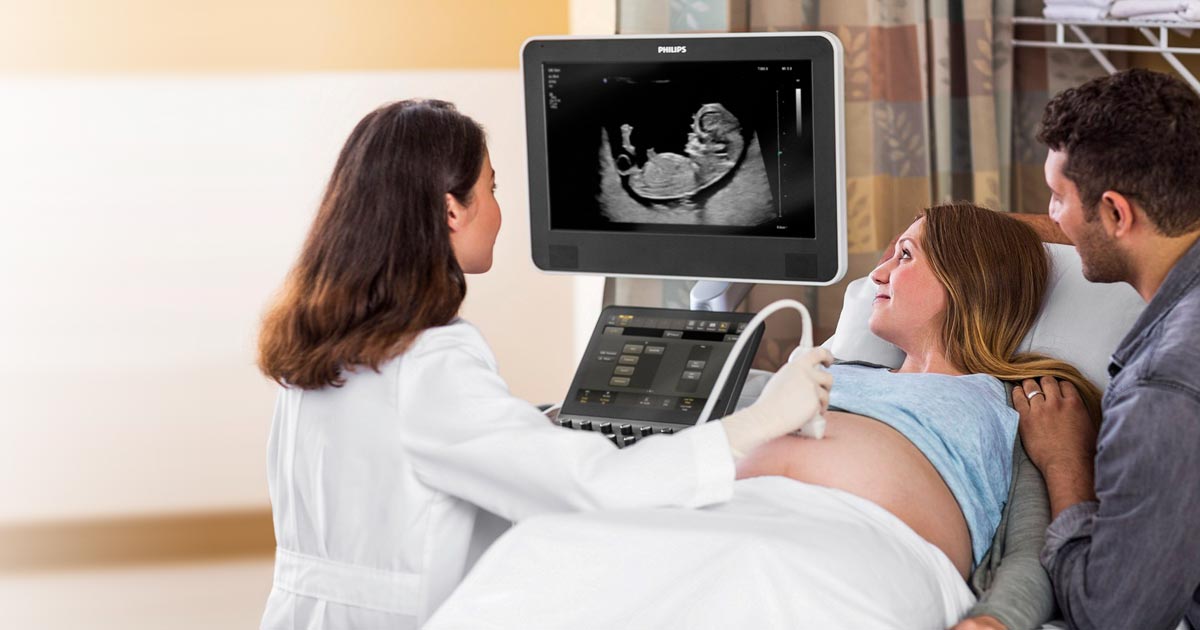Symptoms Of Spina Bifida
Spina bifida is a neural tube defect babies are born with. It occurs when the spine and spinal cord fail to develop properly in the womb, causing a gap to form in the spine. The neural tube begins forming early on in a mother's pregnancy, and it closes one month after conception. In fetuses with spina bifida, however, part of the neural tube doesn't close correctly, which leads to a baby born with a defective spinal cord. The vertebrae of the spine may form at odd angles, which can cause more problems further in life. At present, it's not known what exactly causes spina bifida, though a lack of folic acid in early pregnancy is thought to play a role. In most cases, surgery can be used to correct the opening in the spine.
Incontinence

Incontinence is normal and can affect individuals at any point in their lives. However, when it becomes a regular pattern, it should be taken as a sign of concern. There are two types of incontinence: bowel and urinal. Bowel occurs when a person has trouble controlling their bowel movement. They may experience sudden and unexpected needs to use the toilet or leak or soil themselves. Constipation, diarrhea, excessive gas, and bloating may also present themselves. Urinal incontinence occurs when urine is passed unintentionally. This can also present itself through leaking, sudden urges to go to the toilet, and feeling like you can't empty your bladder.
Buildup Of Cerebrospinal Fluid

The buildup of cerebrospinal fluid, medically known as hydrocephalus, is one of the more dangerous complications associated with spina bifida. This can cause irreversible damage to the brain and can even be fatal if left untreated. When the brain starts to fall privy to the effects of the buildup, many symptoms may begin to present themselves. The patient may experience blurred vision, headache, difficulty balancing or walk, and feelings of nausea and illness. Different types of hydrocephalus will cause specific problems, and only a brain scan, such as an MRI or CT, will be able to diagnose the specific type.
